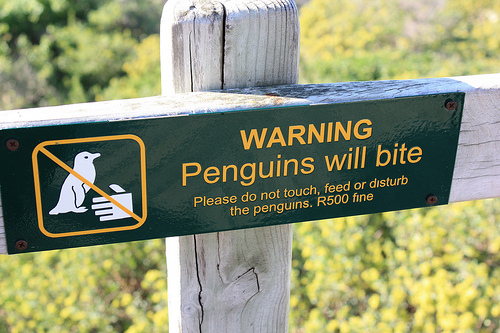When you think “prison,” you don’t usually think “idyllic bower of nature’s most rare and beautiful specimens.” But at the Washington State Department of Corrections, inmates can skip the license-plate making and spend their days cultivating endangered local animals, insects, and plants. Participants in the Sustainable Prisons Project raise Oregon spotted frogs, Taylor’s checkerspot butterflies, native prairie plants, local birds, and bees. Its organizers are now looking to expand the project more widely.
The project, a partnership between the Department of Corrections and Evergreen State College, began in 2004, when inmates were recruited to help research moss farming — they helped find an easily cultivated species that could serve as a replacement for moss unsustainably harvested from forests.
This is one of those projects that seems to benefit everyone involved. As Katharine Gammon writes at Fast Company:
The program also wants to show how prisons can have a positive impact on society. The inmates get connections to living things in a nature-starved environment, as well as knowledge and experience in green jobs — and the ecologists get a willing work force for sometimes-tedious work. They are in the process of evaluating whether participants have a lower rate of re-offending or a higher rate of employment upon release.
And of course the bugs and animals benefit, too. The inmates, despite mostly lacking science experience when they applied for their jobs, have had more success with some of these projects than non-incarcerated cultivators — their frogs, for instance, are heartier and bigger than frogs raised outside the clink.



